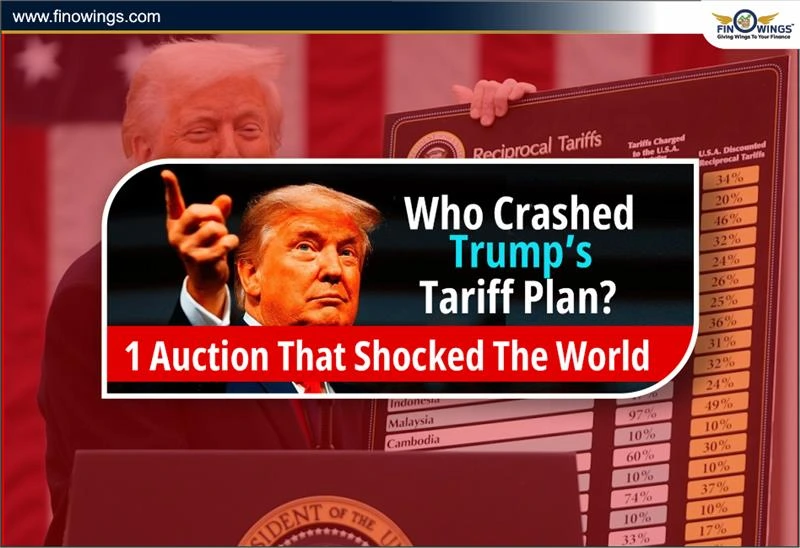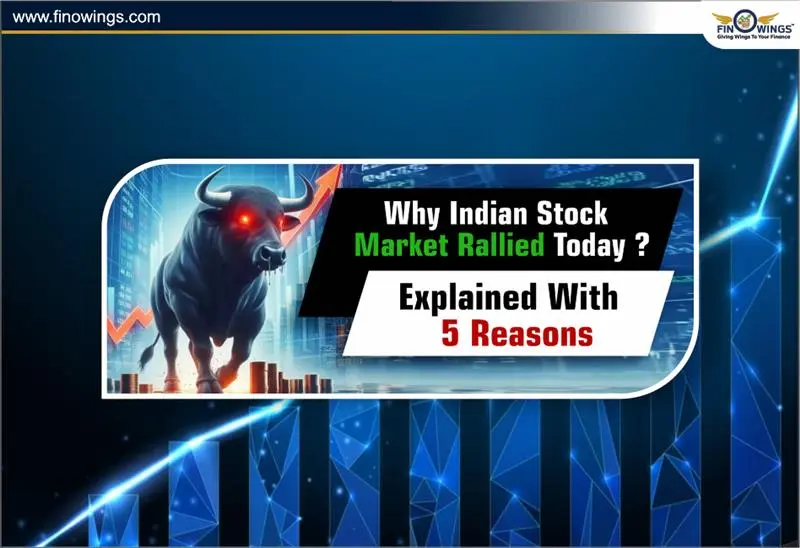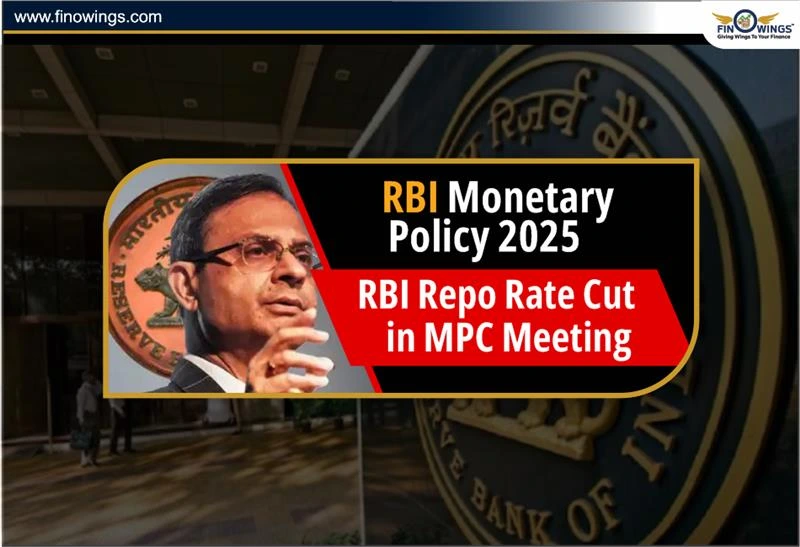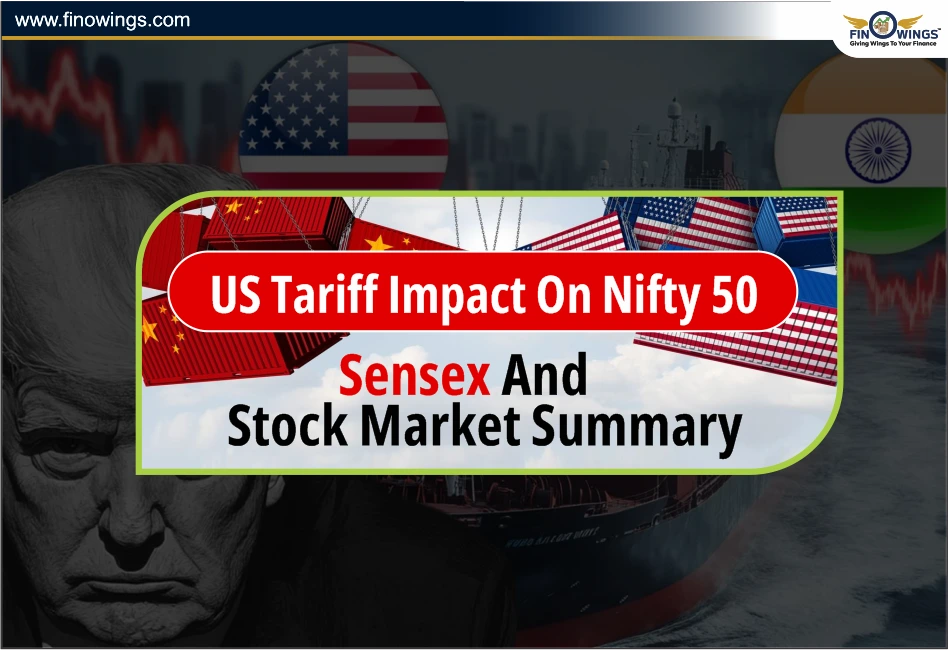Home >> Blog >> Top Company Purchase Electoral Bonds | Mutual Funds Stress Test
Top Company Purchase Electoral Bonds | Mutual Funds Stress Test

Table of Contents
The Story of Bonds
The market has been experiencing significant fluctuations, with a sharp decline two days ago, followed by a recovery yesterday and another fall today. There are several factors at play in the market that we need to understand. First, let's talk about bonds. Bonds have been a topic of discussion lately, particularly which companies have benefited from issuing bonds. There is a complex game being played here, involving electoral bonds and tax evasion. Electoral bonds are a means for individuals or organisations to show support for a political party by purchasing bonds and donating them to a specific party. However, there is a backstory to this. Some individuals who have no political affiliation may buy bonds in their name to avoid paying taxes. These bonds are then given to intermediaries, who pass them on to the desired party. This cycle has led to tax evasion and a lack of transparency in political funding.
While there are many companies listed in the stock market that have purchased bonds, some notable ones include a gambling market company named Future Gaming, which has invested Rs. 1300 crores, Olectra Greentech with Rs. 1000 crores, and Vedanta with Rs. 376 crores. The list is extensive, but the key point to note is that there are connections between these companies and the political parties they support. It is essential to understand that investing in bonds does not have a significant impact on the market. The primary purpose of buying bonds is to save taxes and support political parties. The market is influenced more by economic factors and investor sentiment.
Detailed Video
The Mutual Fund Scenario
Moving on to mutual funds, let's take a closer look at the current situation. The time it takes for a mutual fund portfolio to be liquidated at different thresholds, such as 25% and 50%, has been a subject of discussion. Various fund houses have provided data on their liquidation timelines. For example, Nippon states that they can liquidate the portfolio in 13 days at 25% and 27 days at 50%. On the other hand, quant funds claim they can do it in 3 days at 25% and 6 days at 50%. These timelines vary depending on the Asset Under Management (AUM) of the fund house. Access Bank, with an AUM of Rs. 25000 crores, takes 6 days and 12 days to liquidate at 25% and 50% thresholds, respectively. In contrast, Nippon's investment, with an AUM of Rs. 1150 crores, takes 13 days and 27 days. It is important to note that these timelines are the concern of the fund managers and not individual investors. The Securities and Exchange Board of India (SEBI) has put the responsibility on fund managers to ensure smooth liquidation processes. As an investor, you do not need to worry about these details.
Data has been attached below for more clarity
Source- AMFI, SEBI reports.
March Data and Market Volatility
Now let's analyze the market data for the month of March. Looking at the Nifty index, during the month of march it has always formed a Doji pattern. The market has been uncertain, unable to decide on a clear direction. This pattern has repeated in previous years as well, indicating high volatility. In March 2023, the market witnessed a 1000-point swing between bullish and bearish trends, with a high of 17799 and a low of 1682. Similarly, in March 2022, there was a decline from a low of 15671 to a high of around 1756, resulting in a 2000-point swing. March is a volatile month due to tax harvesting, which allows investors to save on taxes. This leads to selling pressure in the market. However, it is important to remember that market movements are influenced by a wide range of factors, and it is not solely dependent on bonds, mutual funds, or March data.
Conclusion
The impact of bonds, mutual funds, and March data on the market is limited. Bonds primarily serve as a means to support political parties and save taxes. Mutual fund liquidation timelines are the responsibility of fund managers and do not directly affect individual investors. March data reflects market volatility influenced by various factors, including tax harvesting. As an investor, it is important to focus on long-term investment strategies and not be swayed by short-term market fluctuations. The market will continue to experience ups and downs, but understanding the underlying factors can help make informed investment decisions. If you have any further questions or concerns, please feel free to ask in the comments section.


















